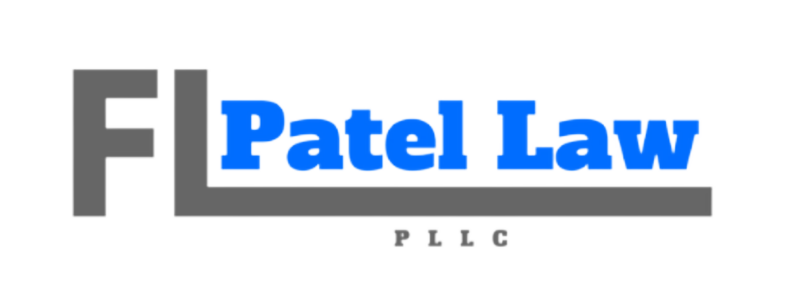
Only Humans, Not AI, Can Own Patents According to Latest Ruling

Tampa Trademark Attorney
Author

Federal Court Reaffirms Decision that AI Cannot Own Patents
Since 2019, Dr. Steven Thaler, the President, CEO, and Founder of Imagination Engines, Inc., has been arguing in court that Artificial Intelligence, or AI, deserve the same rights to patent ownership enjoyed by living, breathing human beings. However, in the latest in a series of losses, federal judge Leonard P. Stark has ruled that this is not the case, and that only individual persons, and not AI, can own patents.
While Thaler has similar cases concerning copyright, this instance specifically focuses on an AI known as the "Device for the Autonomous Bootstrapping of Unified Science," or DABUS, which he alleges produced two inventions. When Thaler initially tried to file for patents for these inventions of DABU's behalf three years ago, his application was denied by the United States Patent and Trademark Office (USPTO).
The USPTO refused the patents on the grounds that they "lacked a valid inventor and were, hence, incomplete." Thaler then escalated things to District Court, where he was also unsuccessful. There, his summary motion for judgement and the reinstatement of DABU's patents were denied after the District Court reached a conclusion that, under the terms of the Patent Act, as inventor could only be "natural person" as generally understood in statutory law.
At the federal level, Judge Stark further emphasized the importance and immutability of the relevant statutes, writing that "the sole issue on appeal is whether an AI software system can be an 'inventor' under the Patent Act" and not "abstract [inquiries] into the nature of invention or the rights, if any, of AI systems."
After this latest defeat. Thaler and his attorney, Ryan Abbott, plan on appealing to the Supreme Court. The federal court's decision, Abbott says, was a "narrow and textualist approach" to the matter that "ignores the purpose of the Patent Act," which he argues could have "real negative social consequences."
